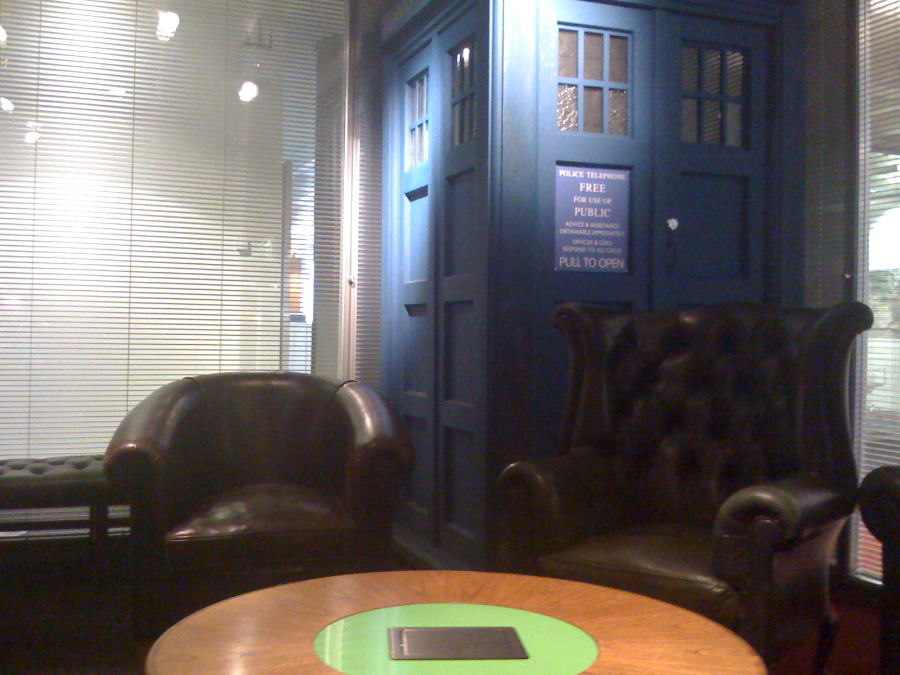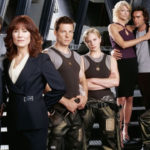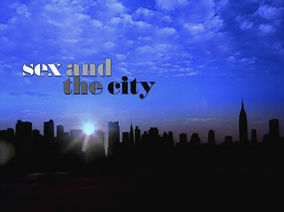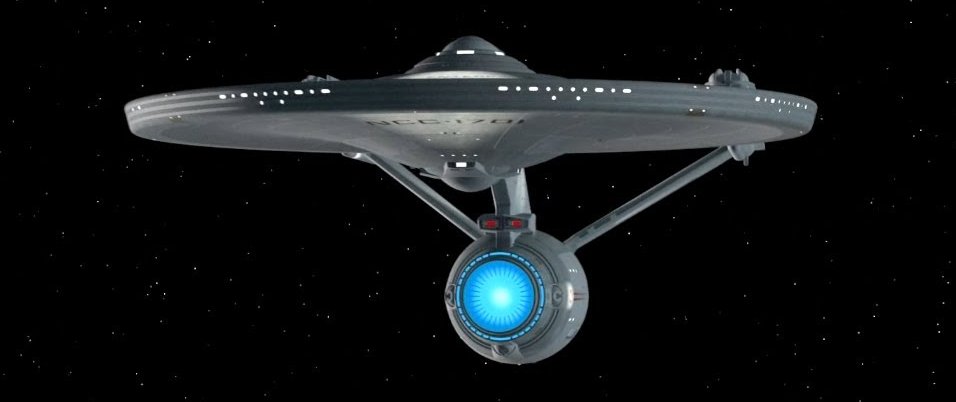This is a side point, but I know you know the phrase “one law for the rich, another for the poor”, or something of that sort. It’s not like that’s an alien concept today. But it’s also not the original quote.
Neither is this, but it’s closer in spirit to the — presumably — French phrase that Anatole France said. Anatole France being of course the French philospher whose work I’ve admired since I found him in a Google search a moment ago.
Anyway.
The quote I know, based on his French original, goes thisaway: “One law for rich and poor alike, which prohibits them equally from stealing bread and sleeping under bridges.”
I think that is so astute. The law is the same for all of us, but it doesn’t affect the rich. Again, hardly an alien concept today. But the more familiar version, the one rule for them and one for us edition, lacks the nastiness of the original. The two rules version is trite, I think, where “one law” is bitter.
And I have thought this since long before there even was a Google. In fact, I’ve thought it since it was said in a 1976 episode of The Tomorrow People, written by Roger Price.
It’s just that I thought it again on Wednesday night, though not because anything bad or unlawful was happening. I was at a Royal Television Society screening of the new ITV drama “Nolly”, written by Russell T Davies. Short version: it’s perfection. Slightly longer version: it’s perfection about Noele Gordon, 1970s and 1980s star of Crossroads. I wrote an episode of that soap’s revial in the early 2000s and part of the pleasure was in how, even if I wouldn’t say I had been a fan, I would regularly say I defend the original soap against its many detractors.
Detractors who do have a point, to be fair. But still, I lived next door to one of the cast and I’m from Birmingham where the soap was set. It was rubbish, but it was our rubbish.
Anyway.
The screening was followed by a Q&A with the cast and crew, including Russell T Davies. And this is where I want to join a dot, if a really tenuous one. For some reason, the subject came up about how he writes dialogue and that led Davies into a brief aside about – I’m paraphrasing – the insanity of separating out writing into parts. He gave the example of people who say they’re going to work on character now, for instance, where in truth character is dialogue is story is dialogue is character.
“It’s all one thing,” he said. I’m parrot phrasing.
When someone whose writing you admire says the same thing you think, it doesn’t matter that he says it better, he’s still saying it and you feel vindicated.
I have a friend who sees dialogue as — his words — “a tasty extra” that you do last of all. Write the script, then go back to work on what words the characters say.
I think you can imagine what words I say to that. This is a family show so I’ll let you think of the absolute rudest word you can, so long as you promise to prefix it with the clarifying phrase “fucking bollocks”.
To be fair, I think that friend believes dialogue comes last because he wants to put it off. We all have things we can’t do, that we can’t write, and plenty of novelists are better known for their description than for their dialogue. ‘Course, my friend is a scriptwriter, so he’s screwed.
Davies did also say, in one sense, that dialogue comes last. He said that you’ve been thinking about the characters for so long, once you get to writing the script, the dialogue just comes out.
I won’t disagree with him, I don’t believe you can ever disagree with someone else’s process since it’s their process, not yours, except obviously when they think dialogue is a tasty extra. But that bit about thinking about the characters for long gives me pause. Quite a short pause, I suppose, because for me I find the characters in the writing. So I tend to set off down that script road, aguably too soon, arguably too quickly, but I go there and if it’s rubbish I turn back.
But then that’s my rule, you may have a different one.


 Then for some other reason I never knew, Sky delayed airing the movie. So those disks lay there on a desk for a week or more until one night when I was coming home to Birmingham by coach and had nothing to watch. You’re thinking I took those disks and loved them, but you’d be wrong.
Then for some other reason I never knew, Sky delayed airing the movie. So those disks lay there on a desk for a week or more until one night when I was coming home to Birmingham by coach and had nothing to watch. You’re thinking I took those disks and loved them, but you’d be wrong. There’s a story that the first scene of Queer as Folk was coming across as a bit serious, that its tone was setting up the show to not feel the way it should. So an extra scene was written, shot and inserted at the start of the episode. It’s Craig Kelly as Vince talking to camera about one night out on Manchester’s gay scene and concludes with a description of a man who “has every episode of Juliet Bravo on tape”.
There’s a story that the first scene of Queer as Folk was coming across as a bit serious, that its tone was setting up the show to not feel the way it should. So an extra scene was written, shot and inserted at the start of the episode. It’s Craig Kelly as Vince talking to camera about one night out on Manchester’s gay scene and concludes with a description of a man who “has every episode of Juliet Bravo on tape”.
